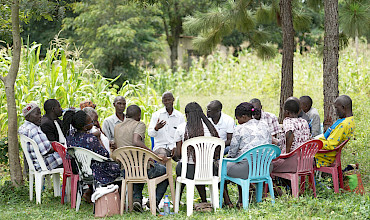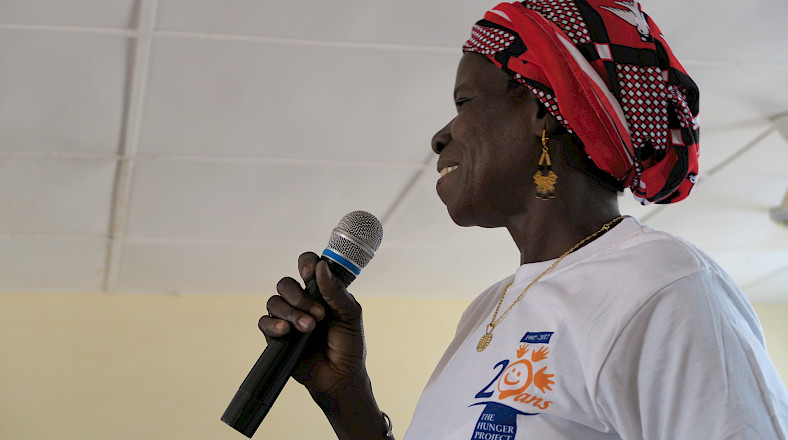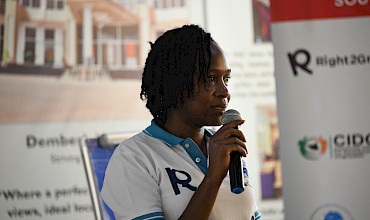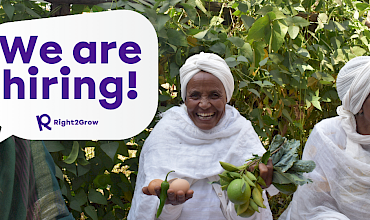
Inadequate WASH services also affect women disproportionately. In Ethiopia and Mali, for example, the burden of water-fetching generally falls on women. Decision making on water points in the hands of men exacerbate the risk of GBV. Time wasted on water collection translates into decreased agricultural productivity, lower school attendance and less time for caring for children. In Bangladesh, there is a cultural belief that expecting mothers who are starving themselves will have easier deliveries.
Women are also disproportionately affected by hunger: 60% of all chronically hungry people are women and girls. They are rendered invisible in food systems- often not even recognised as farmers or fishers, and denied access to land due to social and legal norms. Yet women are critical to the food security of their families, in particular for child nutrition and health.
Any successful effort to end undernutrition must prioritise the engagement, inclusion and empowerment of all rights-bearers. Right2Grow partners have a range of proven methods and gender transformative tools to ensure inclusion, increase women’s knowledge and skills to improve nutrition and WASH, and promote women’s empowerment so that they can participate in decision-making processes on nutrition and WASH within households, communities, local organisations, and in representational bodies at all levels. You can check them out here:
Right2Grow will carefully consider the dates and times of convenings and facilitate capacity development in welcoming environments for all groups. Right2Grow ensures that marginalised groups, girls and women are empowered to be part of information or evidence generation as key stakeholders in the nutrition and WASH agenda as well as in how the evidence is used to improve policies, budgets, products and services.
Back to overview

